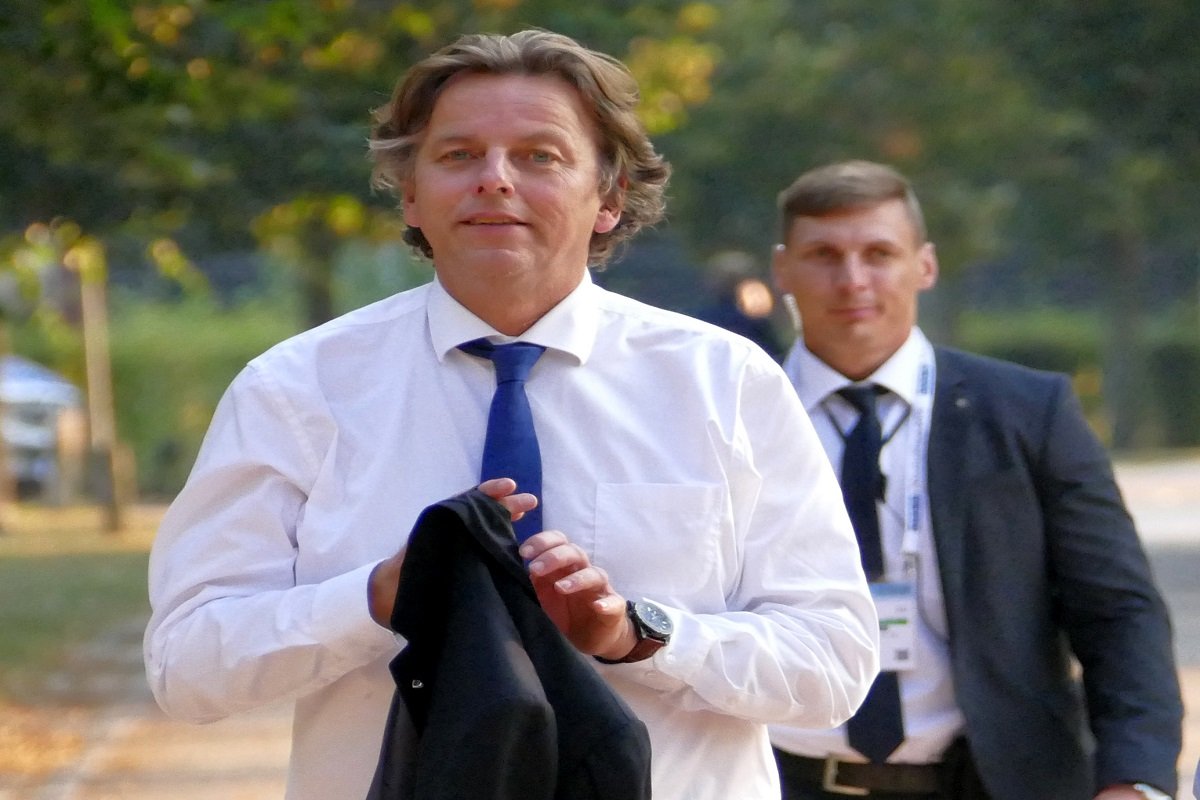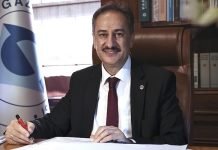Dutch officials are in talks with Turkish counterparts to secure the return of at least 10 citizens with dual nationalities after Turkey barred them from leaving, a Dutch official said on Thursday. “We are obviously doing everything we can to assist these people,” Dutch Foreign Minister Bert Koenders said in a statement, adding he had raised the issue at the highest levels in Ankara.
“About 10 people have been handed travel bans, some of whom have been in Turkey for a while now,” a foreign ministry spokeswoman said. “We are in touch with the Turkish authorities and are doing our best to assist them through the Dutch embassy in Ankara to return to The Netherlands,” spokeswoman Daphne Kerremans told AFP, but declined to give further details.
“In many cases it involves people who went to Turkey on holiday to visit relatives. Some are facing legal procedures,” Dutch newscaster NOS said.
The Netherlands’ public broadcaster NOS has said as many as 100 Dutch citizens were unable to leave the country, but Kerremans said precise numbers were difficult to obtain since the ministry knew only of those who had sought consular help.
“The reasons why they have been detained are very diverse, but it looks like some of them may be connected to the Gülen movement,” the spokeswoman said, adding that they were aware of the Turkish-Dutch dual citizens.
“We are prepared to help people who actively seek assistance,” the Dutch foreign ministry said in a statement, adding that Turkish authorities had been informed. “It appears that other countries’ citizens are having similar problems in Turkey,” it said. Other European countries, including Austria and Switzerland, have also seen citizens of Turkish descent prevented from leaving the country.
NOS has reported on Thursday that about 100 Dutch citizens have been blocked from leaving Turkey after criticizing the country’s autocratic President Recep Tayyip Erdoğan. Those affected are of Turkish descent and had been publicly critical of Erdoğan.
Turkish-Dutch ties have been tense since the Netherlands would not allow Turkish ministers to campaign for a referendum that would give Erdoğan more power. This resulted in Erdoğan accusing the Netherlands of fascism, Nazism and mass murder in Srebrenica. He also imposed a number of sanctions against the Netherlands. Turkish government has also stopped talks with the Dutch government and the Dutch ambassador is no longer welcome in the country. Dutch-Turks can vote in the Turkish referendum in the Netherlands until Sunday.
According to NOS report, dual nationals from Germany, Switzerland and other European nations were having trouble returning home. Many had been in the country on holiday or to visit relatives, with some accused of supporting the “Hizmet” movement led by US-based Turkish-Islamic scholar Fethullah Gülen.
Turkey survived a military coup attempt on July 15, 2016 which killed over 240 people. Immediately after the putsch, the AKP government along with President Erdoğan pinned the blame on the Gülen movement despite the lack of any evidence to that effect.
Although the Gülen movement strongly denies having any role in the putsch, the government accuses it of having masterminded the foiled coup. Fethullah Gülen, who inspired the movement, called for an international investigation into the coup attempt, but President Erdoğan — calling the coup attempt “a gift from God” — and the government initiated a widespread purge aimed at cleansing sympathizers of the movement from within state institutions, dehumanizing its popular figures and putting them in custody.
According to a statement from Interior Minister Süleyman Soylu on April 2, a total of 113,260 people have been detained as part of investigations into the Gülen movement since the July 15 coup attempt while 47,155 were put into pre-trial detention.
April 7, 2017















